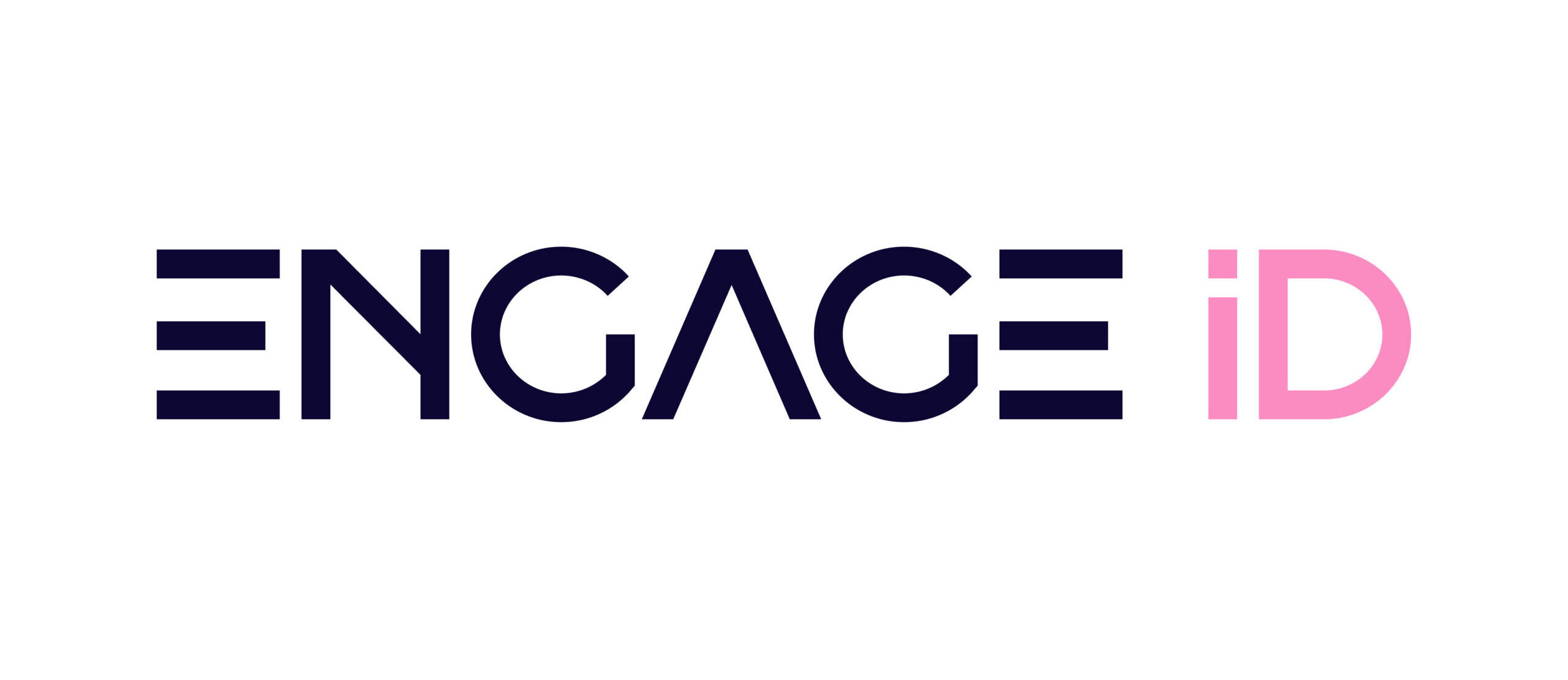As digital transformation accelerates across the Middle East, Identity and Access Management (IAM) has emerged as a critical pillar in safeguarding organizational infrastructures. Recent developments in the region underscore a significant shift towards advanced IAM solutions, driven by the escalating need for robust security measures and compliance with evolving regulations.
📊 Surge in Identity-Related Breaches
A recent report by CyberArk revealed alarming statistics: 99% of UAE organizations experienced two or more identity-related breaches in the past year. This highlights the pressing need for enhanced IAM strategies to mitigate risks associated with both human and machine identities. The proliferation of machine identities, fueled by multi-cloud strategies and AI adoption, presents new challenges in securing sensitive access points.
🇦🇪 UAE’s Strategic Initiatives in IAM
In response to these challenges, the UAE has been proactive in strengthening its IAM framework. The launch of CyberArk’s UAE-hosted Identity Security Platform exemplifies the country’s commitment to data sovereignty and localized security measures. This initiative enables organizations to manage and store credentials within the UAE, aligning with national data protection requirements.
🤖 AI-Driven IAM Solutions
Artificial Intelligence (AI) is playing an increasingly pivotal role in IAM. Solutions like Okta’s AI-driven Identity Threat Protection (ITP) are revolutionizing identity security by providing real-time risk monitoring, adaptive multi-factor authentication (MFA), and automated threat detection. These advancements enable organizations to proactively address identity-based attacks and enhance overall security posture.
🏛️ Regulatory Advancements in the Region
The Middle East is witnessing significant regulatory advancements aimed at fortifying IAM practices. The UAE’s Personal Data Protection Law (PDPL) and Saudi Arabia’s National Cybersecurity Strategy 2.0 emphasize transparency, accountability, and risk-based approaches. These frameworks are aligning with global standards like the EU’s General Data Protection Regulation (GDPR), fostering a secure digital ecosystem that supports economic growth while safeguarding citizens and organizations from escalating digital risks.
🔮 The Future of IAM in the Middle East
Looking ahead, the Middle East is poised to continue its leadership in IAM innovation. The integration of mobile credentials, AI-driven security solutions, and stringent regulatory frameworks are setting the stage for a resilient digital infrastructure. Organizations in the region are increasingly recognizing the importance of IAM in mitigating risks and ensuring compliance, positioning IAM as a strategic priority in the digital age.

